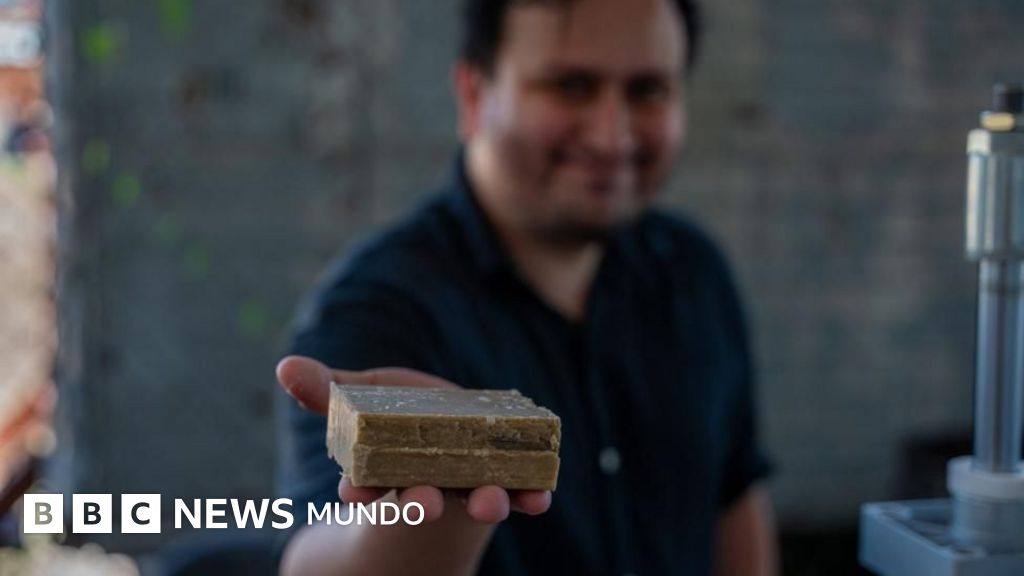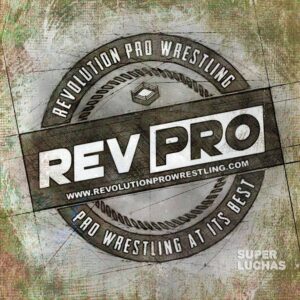

Image source, FRITZ PINNOW
-
- Author, Fritz Pinnow
- Author's title, Reporter
Few 27 -year -old people see an ecological business opportunity to produce soap or dog food in used cooking.
But that is what Hugo Daniel Chávez, Project Manager of the NGO Sustain Honduras has done.
“We have so many domestic businesses that generate waste, that we are trying to transform them and give them a second life,” he tells BBC.
In Latin America, several million tons of kitchen oil are consumed per year. It is often used to fry food, mainly chicken, banana strips, totopes and pork.
But reuse and heat it too frequently (as usually happens in Honduras, where there is a huge black market of used cooking oil) can be harmful to consumers' health.

Image source, FRITZ PINNOW
If it is not discarded properly, it can also have a considerable negative impact on the environment.
If it is poured through the drain, you can damage the pipes and contaminate the groundwater, and if it is thrown on the edge of the road, it can contaminate the fresh water and the crops on which many communities depend.
Faced with these risks to health and the environment, young entrepreneurs behind sustain tried to find a solution that not only gave companies an incentive to discard their oil and fat properly, but also turned these waste products into something useful.

Image source, FRITZ PINNOW
The executive director of the NGO, Ricardo Pineda, explains that his idea arose from previous initiatives from different companies and organizations to transform the kitchen oil used into biodiesel.
“But in Honduras we don't have a market for biodiesel,” he says. “Therefore, we decided to produce products that succeed in our national markets (such as soap and dog food).”
To be more attractive to get rid of the oil legally instead of selling it to unscrupulous buyers, Sustaa offers to pay for the used kitchen oil and collect it regularly in the stores that participate in your project.
Their efforts have obtained international recognition, such as the US $ 20,000 prize of the Youth4Climate 2023 energy challenge, a global initiative co -directed by the Italian government and the United Nations Development Program.
Susta also receives financing from the Netherlands Embassy in the region, which declared the BBC that he chose to support because “his project offered an innovative and viable solution, with an entrepreneurial and social impact approach.”
“Its project not only contributes to reducing the environmental impact through the emphasis on the creation of a circular economy, but also empowers young people and women – the groups more affected by climate change – and generates green jobs.”

Image source, FRITZ PINNOW
SUSTAINTAs between 2.50 and 3.50 lempiras (US $ 0.10 and US $ 0.13) for approximately 500 ml of cooking oil.
And not only works with small businesses.
In May 2024, the NGO signed a contract with the Mexican and Central American Division of the Walmart Retail Giant.
This contract guarantees the flow of oil and cooking fat from all companies related to Walmart to Sustain, which, according to Pineda, is essential for the support project.
“We needed a reliable flow to increase production. (…) Otherwise, we could quickly stay without used cooking oil due to the black market that competes with us,” adds Chávez.

Image source, FRITZ PINNOW
Then, it transports the oil and kitchen fat to a plant in Comayagua, where they purify and process through a reaction known as saponification. This process combines fats or oils with an alkaline to produce soap.
Pineda states that he supports is interested in developing a circular ecological system where everything is reused.
“Next to our soap and dog food plant, another company has a purifying water plant, and we use the water that this plant cannot purify, that is, its waste, for our cooling system,” he explains.

Image source, FRITZ PINNOW

Image source, FRITZ PINNOW
The idea of associating with Walmart, according to Pineda, is “selling dog food and refined soap from your waste.”
“They could benefit from their own waste and also see the economic value of circular economies,” he declares to the BBC.
At 15 lempiras (US $ 0.58) per soap tablet, the project generates monthly income of more than 106,000 lempiras (US $ 4,082.72), not including fixed costs such as wages, commissions and distribution.
Pineda emphasizes: “Money does not stay with us. We only help with the implementation of the project and, as soon as it is underway, we look for new opportunities,” he says.
The recycling of kitchen oil is one of several projects that are executed simultaneously in support.

Image source, FRITZ PINNOW
The organization is composed of young people, all children under 30 and with an average age of 23, and their youth enthusiasm and their desire to change the established ways of doing things have been key in their approach.
“We start as a young group, fed up with the usual way in which large institutions address the problems of climate change and the environment,” says Pineda.
“We want to create concrete solutions and not sit talking only about what could be done.”
Its strategy also differs from that of other young environmental organizations in the region, which often focus on a confrontation approach, trying to stop large mining or energy projects and holding politicians for corruption.

Image source, FRITZ PINNOW
But the Coordinator of the Project Susta, Paola Acevedo, states that both approaches are not incompatible, but complementary: “This type of (classic) is very important and we certainly need it.”
“We try to focus on solutions, while others fight on the front,” he adds.

Subscribe here To our new newsletter to receive every Friday a selection of our best content of the week.
And remember that you can receive notifications in our app. Download the latest version and act.







